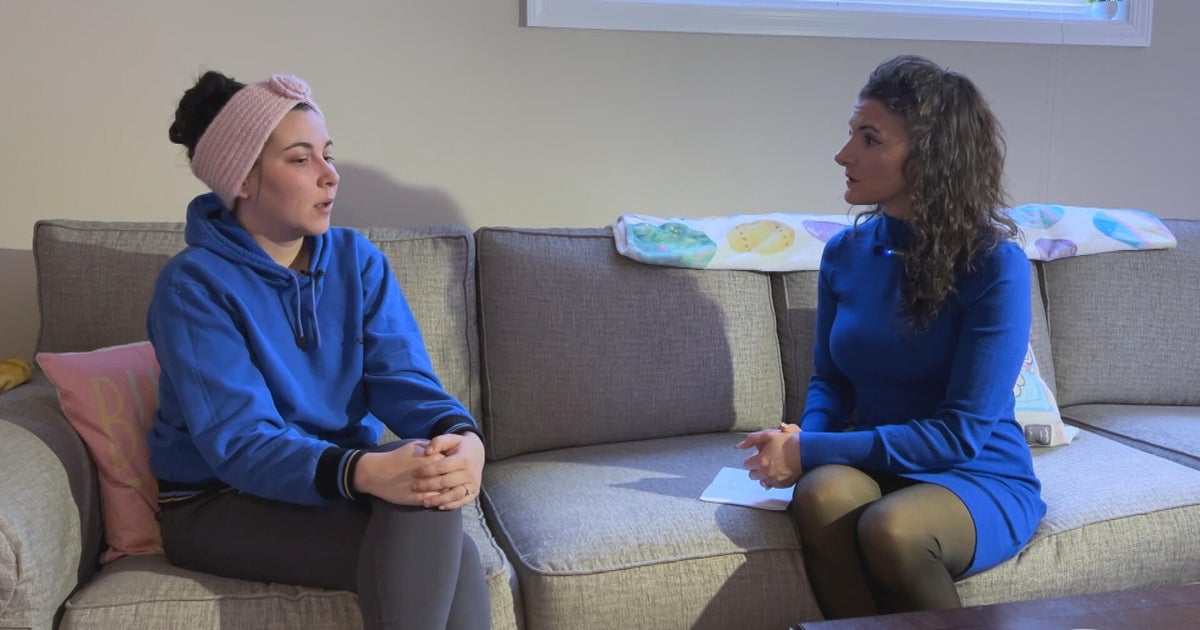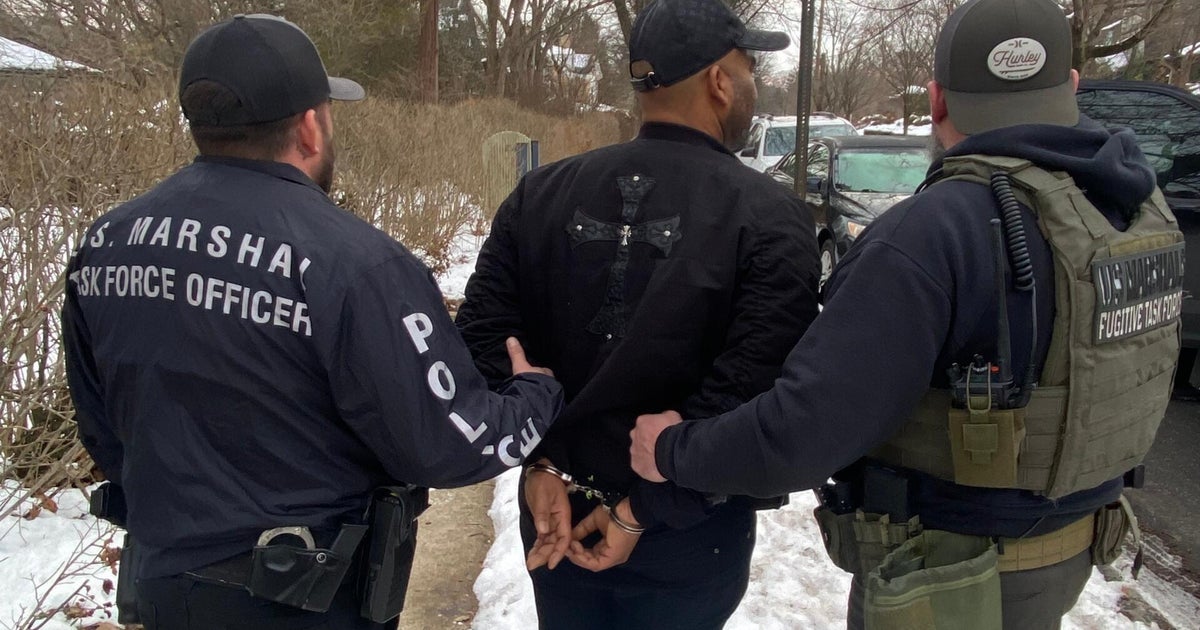Expert Advises Caregivers How To Avoid Assisted-Suicide Entanglements
By Michelle Durham
PHILADELPHIA (CBS) -- As a Philadelphia nurse faces up to ten years in prison for handing her terminally ill father the liquid morphine he used to kill himself, an expert on the subject of assisted suicide is warning that the practice is fraught with legal dangers.
Barbara Mancini could spend a decade in prison if convicted of helping her father commit suicide. He allegedly asked her to hand him the bottle of pain-killing liquid he later used to kill himself (see related story).
A motion to dismiss her case has been filed.
Joe Peters, a spokesman for Pennsylvania attorney general Kathleen Kane, says he is not permitted to discuss the facts of the case, which was referred to them by the Schuylkill County DA's office.
"There is a specific Pennsylvania law," Peters says. "Our job is to apply the factual situation to the statute, which in this case resulted in charges."
The nonprofit group Compassion and Choices is assisting in the defense of Barbara Mancini.
"When a patient receives hospice care at home, family members are typically called upon to be part of the team," notes Compassion and Choices legal affairs director Kathryn Tucker.
But Diane Mineo, executive director of the Philadelphia-based Center for Advocacy for the Rights and Interests of the Elderly, says that's where legal problems can arise.
"Once someone has made the decision, they understand it is the end of their life and that the people in the hospice program will help make them as comfortable as they possibly can," she says. But she adds that patients need to make their wishes clear, and get their doctor and lawyer involved to put together an advanced directive -- which guides health care providers to their end-of-life wishes.
Nevertheless, she says, there are no guarantees an advanced directive will be followed, especially in an emergency situation.







